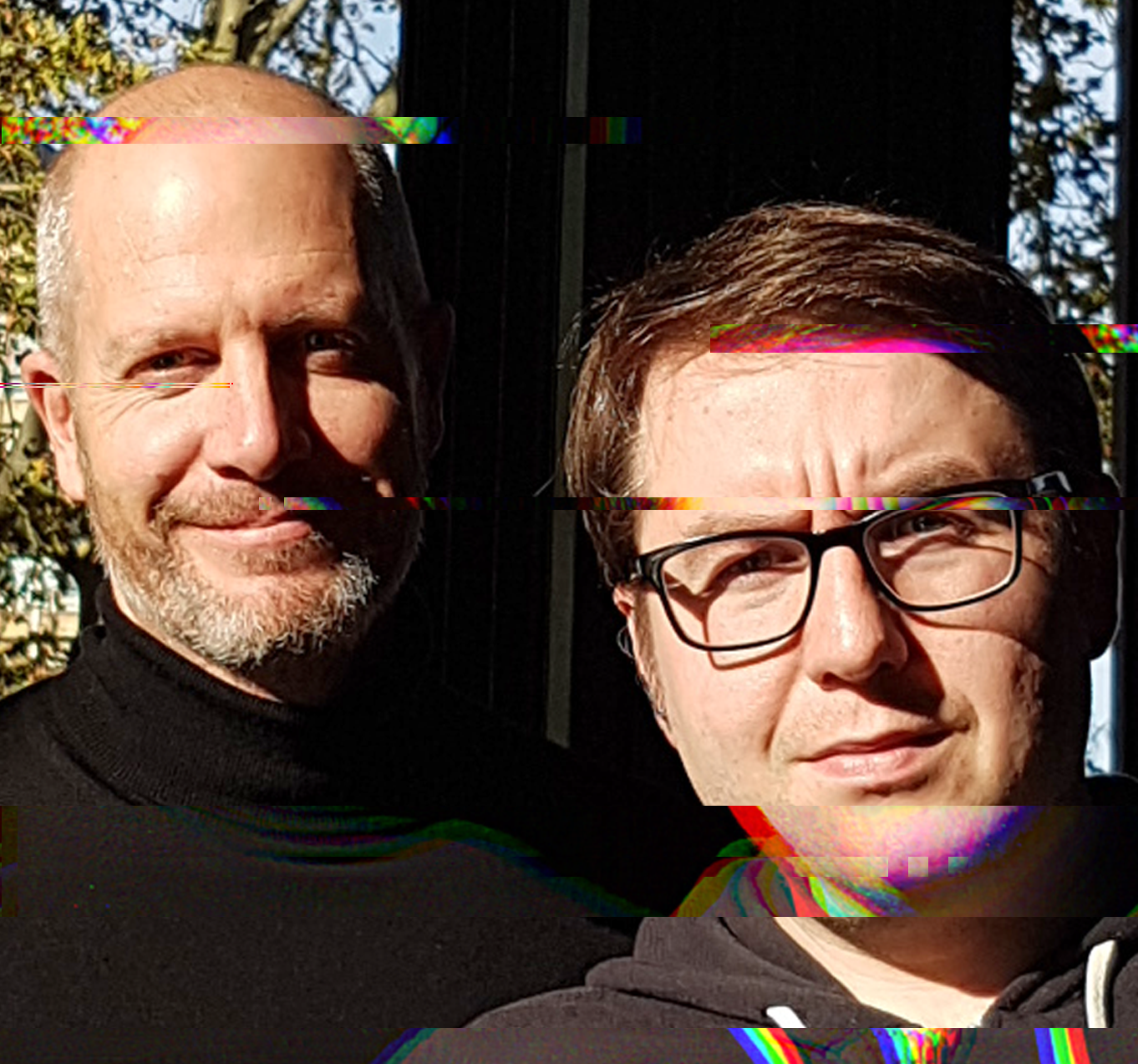Marcel Karnapke und Björn Lengers
Marcel Karnapke and Björn Lengers have been working together under the name CyberRäuber as a digital performing arts collective since 2016. According to “Theater der Zeit”, their work is characterised by “a unique mixture of affinity for technology, pioneering spirit, pragmatism and love of theatre”. Driven by curiosity and a belief in the great future of theatre, they are experts in the digital exploration of theatre traditions. Their work is shown internationally in theatres, festivals and galleries.
Recent works include Things Fall Apart (a musical installation in mixed reality, most recently at the London Film Festival), Solingen 1993 (Schauspielhaus Düsseldorf), Palast der Erinnerung (Stiftung Humboldtforum) and Deus in machina - Ein Ritual (Staatstheater Nürnberg).
Neural Theater - artificial art in performing arts
On May 15, 2024 at 05:00 PM (UTC+1)AI is changing everything, but does this include theatre? The German collective CyberRäuber use artificial neural networks in theatre since 2019. With Prometheus Unbound in Linz they started an ongoing series in artistic research that plays with the fundamentals of performing arts with the aid of state of the art technology: Stage, sound, lights, but most importantly the text of these performances are created, played, interpreted in the moment. In this talk, Marcel Karnapke and Björn Lengers talk about past, current and future projects, lessons learned and their ideas for theatre.

In the future, do you see that neural theatre will push away usual theatre or will it coexist with all the forms of theatre as a new genre?